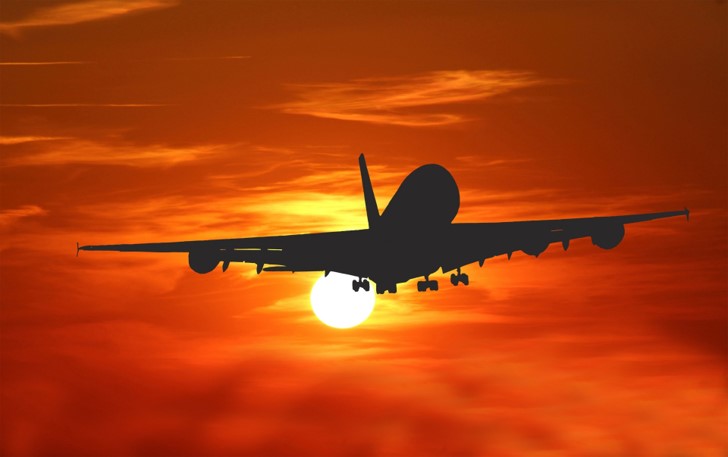
9 Global Pandemic Travel Tips
Travel during any pandemic is difficult enough, but travel during Covid19 will be even more of a challenge. Travelers can take precautions to help protect themselves and others from getting sick.
Travelers should also stay informed about what to do if they get sick with flu-like symptoms while away from home. Here are 9 Global Pandemic Travel Tips to get you started.
1. Update travel vaccines at your local travel clinic before you leave home
Travelers should check with their health care provider and/or a travel medicine clinic at least 4-6 weeks before leaving for specific recommendations. Travelers need to know if they are healthy enough to travel, and whether they should get special vaccinations or medicines.
2. Check the website of the embassy or consulate in your destination country.
Travelers can also check with their local consulate, government or state department for updated information on travel bans or rules upon entry into destination countries. Traveler’s vaccination records will be checked by border protection officers during entry, and travelers might have to show proof of vaccination and a negative PCR Test.
3. Check if your destinations borders are closed because of Covid19
A country’s travel bans and entry requirements can change and very quickly.
Do your research even on the day of departure to make sure your destination’s borders are open to tourists.
Travelers should connect with their local consulate about the status of border closing in that specific country.
Traveler’s vaccination records will be checked by border protection officers during entry, and travelers might have to show proof of vaccination and a negative PCR Test or Rapid covid19 test result.
Travelers should also keep their vaccination records available in paper and digital form because vaccines or boosters may not be readily available in every country.
4. Purchase Travel Insurance before you Travel
For entry into a country. Travelers should be sure their international travel health insurance covers them outside the United States (including any pre-existing medical conditions).
Note: Traveler’s vaccination records and your negative PCR or Rapid covid19 test results will be checked by border protection officers during entry into a country.
5. What to pack during flights for international travel during the global pandemic
Packing for your trip
- Travelers should pack a travel health kit with them when they board their flight.
- Extra masks
- Tissues
- Disinfectant wipes
- Hand sanitizers
- Thermometer
- Extra snacks and water on your flight
Travelers should pack these items in their carry-on luggage so that they have it during their international flights and while on the other side if they are navigated to stay in quarantine.
If you have any flu like symptoms (i.e., fever, cough, sore throat) before your trip your health care provider should advise you about what medications are appropriate for your specific case.
Over the counter pain relievers such as acetaminaphen, Tylenol.
6. Consider your personal health risk before you travel abroad
Travelers should discuss their plans for travel with their health care provider to make sure they are healthy enough to travel, and whether they should get special vaccinations or medicines.
Travelers who are younger than 6 months of age or 65 years or older, pregnant, have a chronic condition such as diabetes, heart disease, asthma or lung disease may also need additional vaccines before departure.
Travelers with these conditions should consult with their health care providers in advance of international travel.
7. Track if there is an outbreak in your destination country
Travelers should check the destination countries rules and information regarding the covid19 rates in your destination country.
8. What to do if you have symptoms of covid19 while traveling
If you feel sick while traveling:
Even if you have mild symptoms — wear a mask or double mask if possible.
- If you are sick on the plane, wear a face mask if you are ill, and be considerate of your fellow passengers.
- Ask for a private room and quarantine, if possible don’t share a room with anyone.
- Avoid public transportation and crowded places.
- Travel only when you are healthy enough to do so, coordinate your travel dates with any necessary stopovers or transfers with appropriate covid19 risk mitigation strategies (such as spraying yourself with antiviral aerosols).
- If you feel sick on the plane, wipe down surfaces such as armrests using alcohol wipes if they’re available, and cover your mouth and nose with tissues or a face mask if you cough or sneeze.
- Traveling while being sick may not be worth the risk, to yourself or spreading to others.
Traveling in general can put you at greater risk for contracting infections like covid19; in congested places like airports, citizens of countries that do not have robust public health infrastructures (such as outbreak areas).
9. Choose Your Destination Wisely
During Covid19 make sure you do your research even the day of departure to make sure your flight, lodging or tours or destinations have not been changed or cancelled for borders closing at the last minute.
